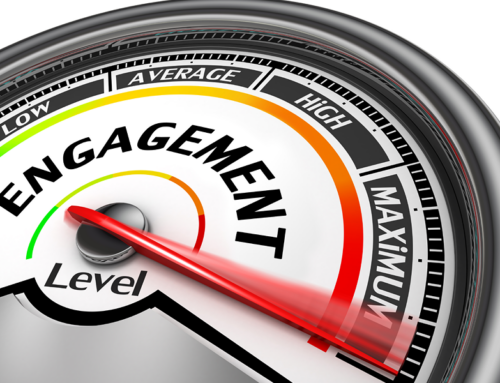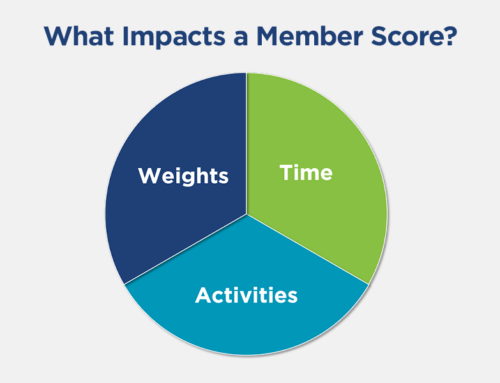I’m often asked by clients, “What are the characteristics and skills needed to become an association analytics expert?” Sometimes it’s the leader such as the CEO or COO who is asking because they want to promote from within. Sometimes it’s the IT staff within an association who are looking to broaden their career base (or accelerate it) and expand into the rapidly growing field of data analytics. The answer I give is always the same, to become an association analytics expert you need the following:
Passion for helping people solve problems
This is the most important attribute, because without a burning desire to make a difference by helping people understand their data so they can solve their business problems, an individual will give up when the going gets tough. And it will. Because the field of data analytics requires not only an understanding of data, but of people and of association business, to succeed, we must have both tenacity and an intrinsic desire to make a difference in the lives of the individuals whose problems we solve.
Knowledge of the association’s business
Without an understanding of the challenges and opportunities that face the association, an 
Problem-solving, analytical mindset
It goes without saying that a problem-solving mindset is essential to be an analytics expert. There are two types of reasoning that are important: deductive and inductive. Deductive reasoning examines the possibilities to reach a logical conclusion. The scientific method uses deduction to test hypotheses and theories. In deductive reasoning we move from the general question or hypothesis to the specific answers based on our observations of the data. Inductive reasoning is also important, and is more strategic. With Inductive reasoning, you make broad generalizations from specific observations. In other words, we move from the specific to the general. We observe the data, discern a pattern, make a generalization, and infer an explanation. Both are important, but deductive reasoning skills are essential for the internal association analytics expert.
Experience with data
We often tell our clients, “the tool is not the solution” – because really it’s the ability to understand the story in the data that matters. We all use data to make decisions every day, when we check the weather on our phones, use our GPS to navigate, look at the ratings for a book or movie, or compare prices for flights and hotels. Most association staff are used to looking at standard reports that show counts and summary information related to membership, events, donations, etc. People who always seem to want more information, who are asking, “What would happen if we….?” are good candidates for a data analytics role. If you know how to make pivot tables in Excel, you can learn modern visualization and analysis tools like Tableau.
Effective communication and interpersonal skills
Being able to effectively communicate with your internal audience is crucial. An association analytics expert is respectful of the staff whom they serve and looks at the process of using data to make decisions as a collaborative one. The analytics expert is responsible for creating the bridge between the business question and the explanation and depiction of the story in the data. To do this they must be patient and persistent. Most of all they need the ability to communicate complex data stories in a simple way so that the association business staff can take action on the results.



